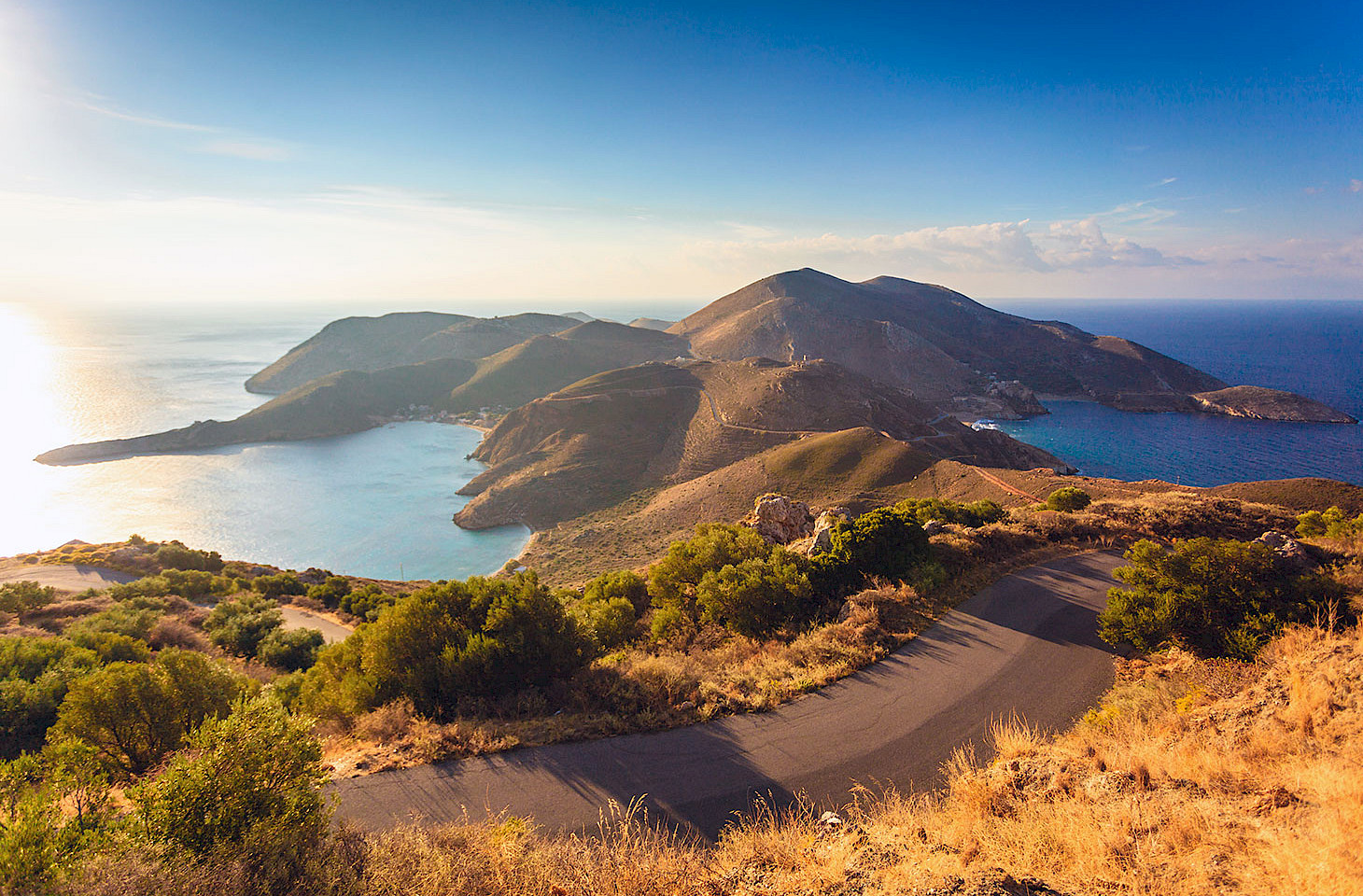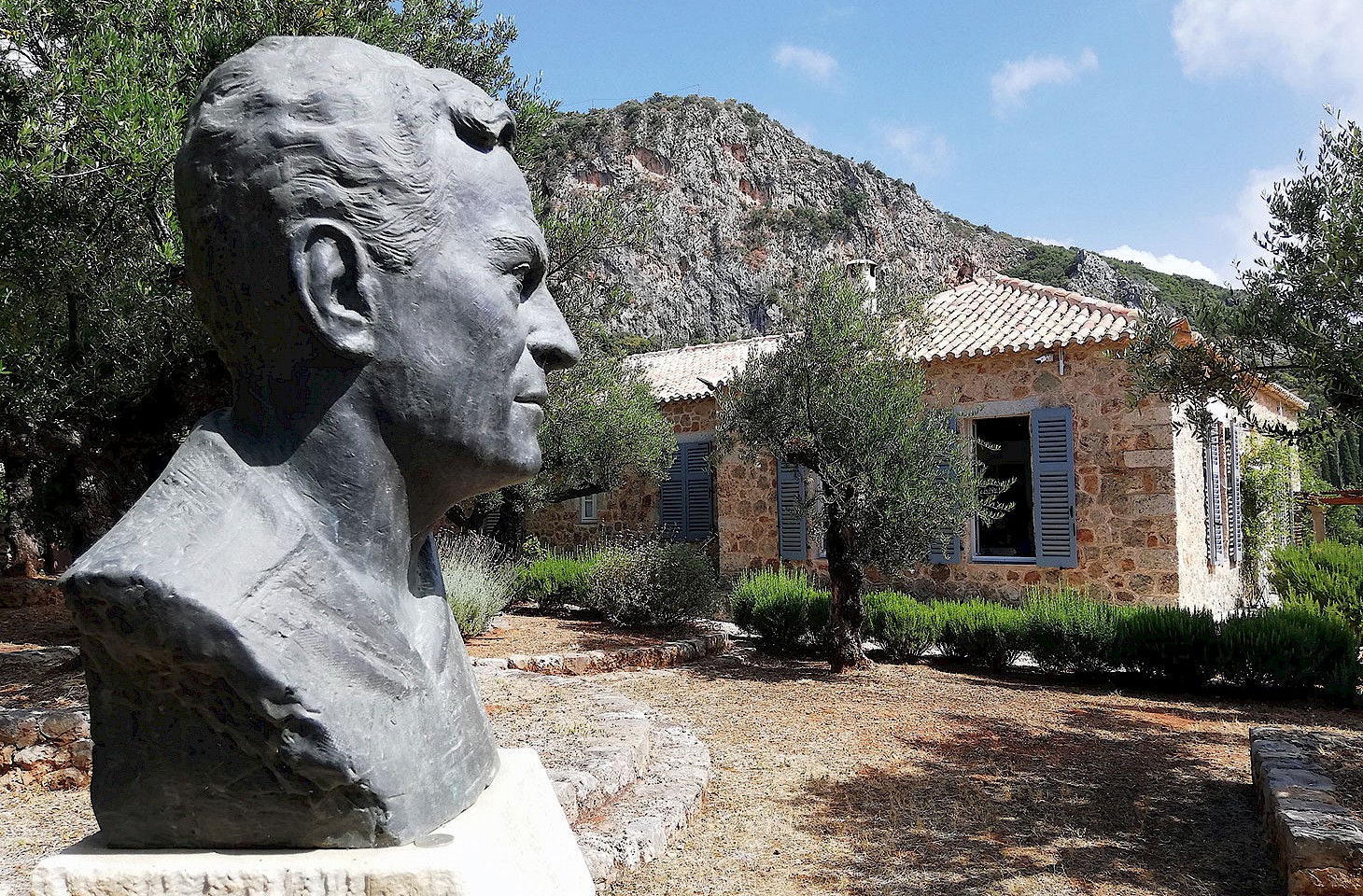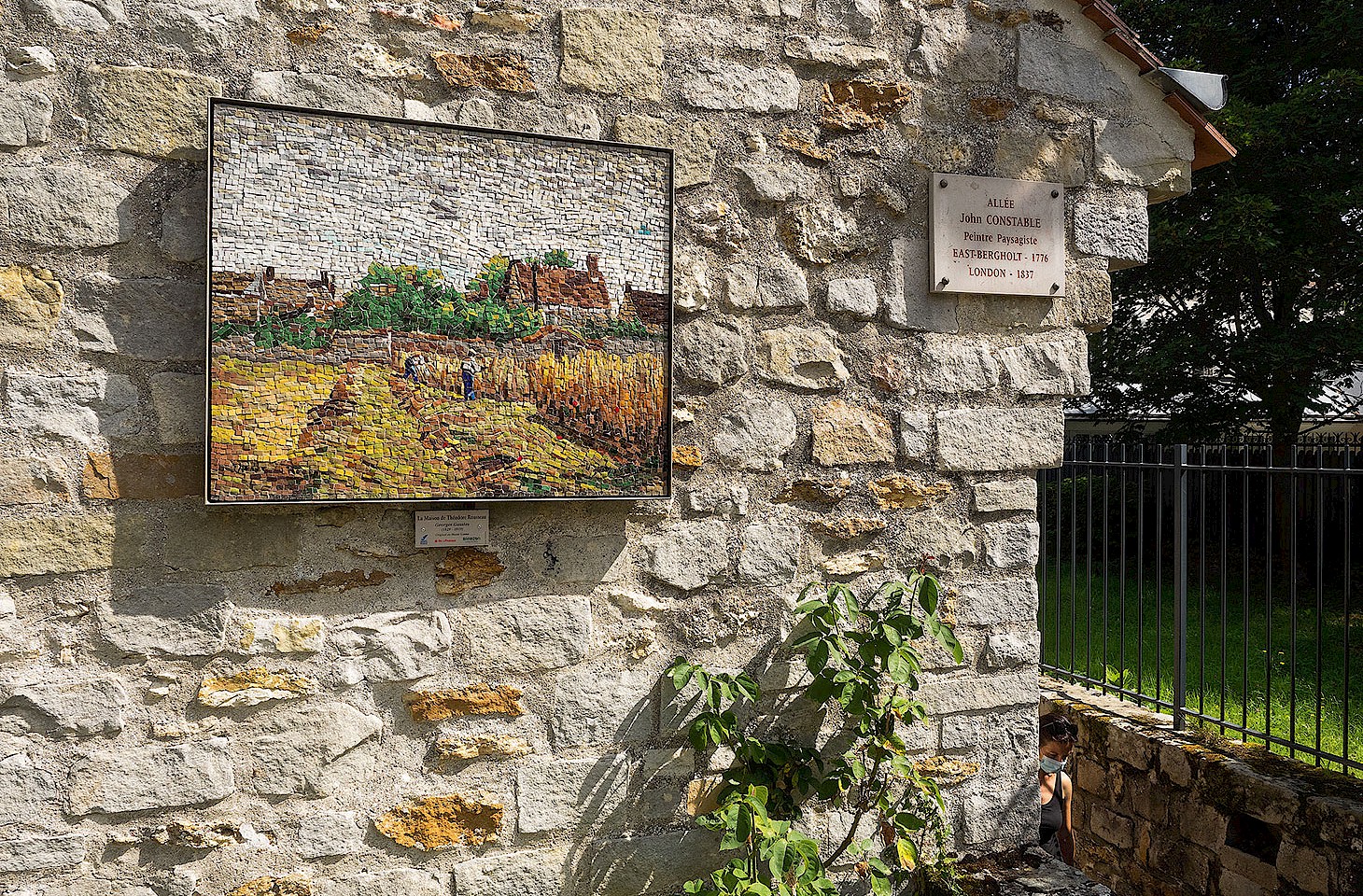Dear fellow travellers
Hot summer days... and we've been meandering through northern Italy. Virtually, with Shakespeare by our side. Remember Lucentio who, in The Taming of the Shrew, leaves his home city of Pisa in Tuscany? Lucentio's servant Tranio accompanies his master.
Pisa is, says Lucentio, no more than "a shallow plash", and Lucentio is evidently a man with ambition. He wants to plunge into the deep. 'The deep' is "fruitful Lombardy".
Shakespeare is, we might venture, being a tad hard on Pisa which is hardly the backwater (or shallow plash) that Lucentio suggests. Did Shakespeare perhaps receive a retainer from Lombardy and was thus bound to promote the province's fruitful charm? Were that indeed the case, Shakespeare's paymasters in Lombardy might have had just cause for grievance, because the city to which Lucentio travels is Padua, which he dubs a "nursery of arts".
Now Padua is a lovely place, but it is not in Lombardy. Not now, nor in the past. Shakespeare's choice of Padua as Lucentio's destination makes perfect sense, for the city's university was already very popular with English students by the mid-16th century. So Padua as a name already had a certain currency in Elizabethan England. Had Shakespeare taken a quick peek at any of the fine atlases in the hidden europe collection, he would have realised that Padua was well east of Lombardy. He was, we think, misled by hazy Elizabethan cartography. Lombardy was often imprecisely placed on the maps of Shakespeare's day.
The north Italian city of Bergamo gets an interesting mention in The Taming of the Shrew, where we learn that Tranio's father worked as a sail maker in Bergamo - a fine city that has many assets, but proximity to any lake or sea is not among them. A small town on a hilltop would hardly be a propitious spot to develop a career making sails. Perhaps poor Tranio, let down by his dad's daft business plan, grew up as a pauper and thus ended up as a servant. Or did Shakespeare not quite know where Bergamo was?
Shakespeare's Italy is imprecise. But that of course is the prerogative of theatre. It seems unlikely that Pisa really was so full of country bumpkins as to make it a mere "shallow plash".
Elsewhere in Shakespeare's plays, we find a bevy of other north Italian cities: Florence, Mantua and Verona. Romeo and Juliet is essentially a Verona play (even more so thanThe Two Gentlemen of Verona which is as much Milan as Verona). But there is of course a famous Mantua scene in Romeo and Juliet. Romeo has been banished to the lakeside city, but we learn little about Mantua. Which brings us back to The Taming of the Shrew. There is a nice scene in the latter play where Tranio suggests to the pedant (who hails from Mantua) that leaving the town brings only death. It is a point we always ponder as we wait on the station platform for a train out of Mantua.
Tranio's advice to the pedant of Mantua might profitably have been directed to Romeo. He hired horses and left Mantua. Within 24 hours he was dead.
Nicky Gardner and Susanne Kries
(editors, hidden europe magazine)




